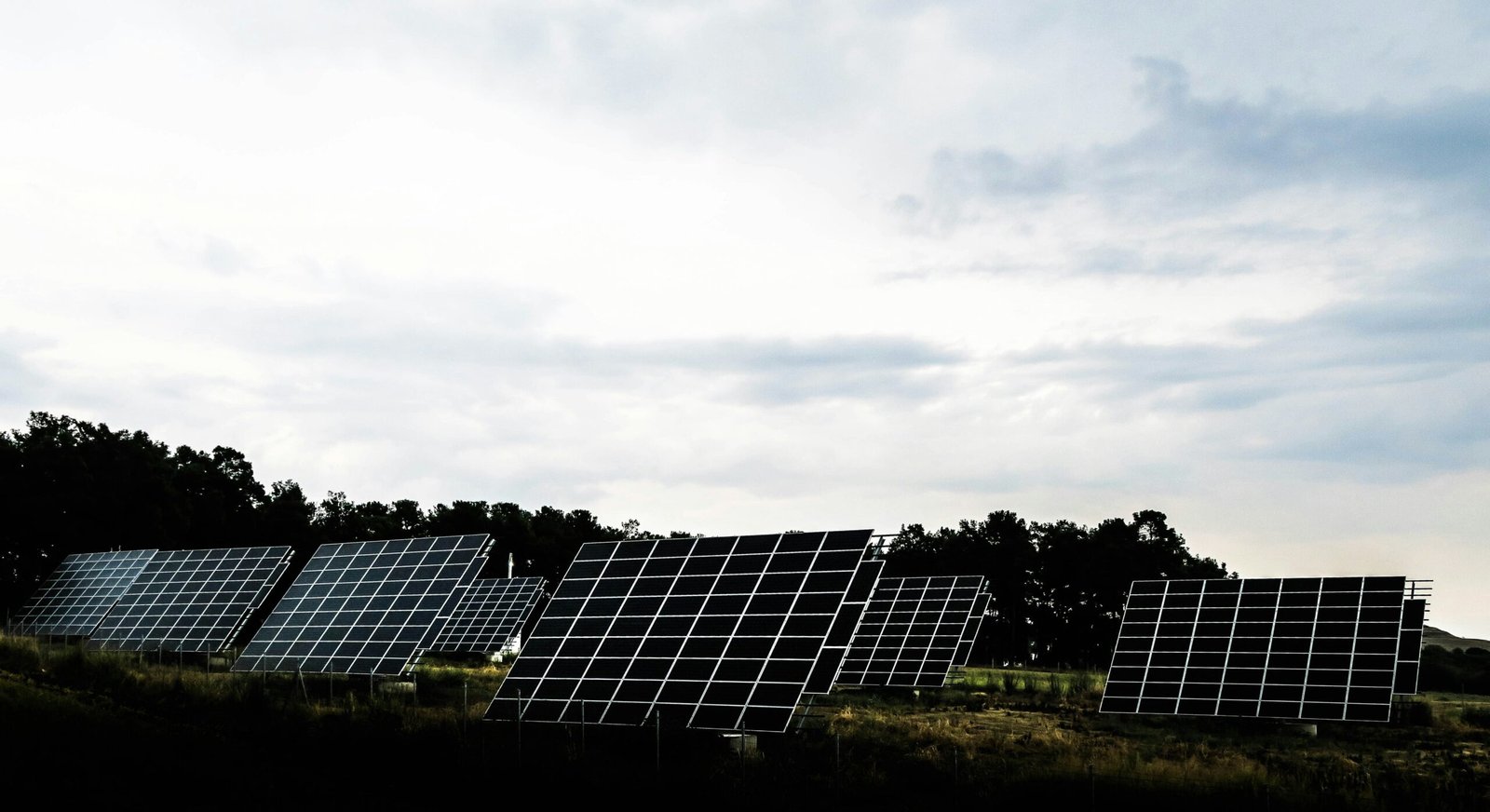
Understanding the Importance of Solar Plant Maintenance
Regular maintenance of solar plants is paramount to ensuring optimal energy output and extending the lifespan of the system. Utility-scale solar plants are significant investments, and without proper upkeep, the efficiency of these systems can decline sharply. Regular solar panel cleaning and comprehensive maintenance can substantially improve the performance of solar panels, preventing any buildup of dirt, debris, or potential technical issues that may reduce their energy output.
Furthermore, proactive solar plant maintenance can lead to considerable cost savings in the long run. By routinely inspecting and servicing the system, operators can identify minor problems before they evolve into more significant, costlier issues. Preventative maintenance helps in sustaining the plant’s efficiency, reducing downtime, and avoiding unexpected repair costs. The end result is a more reliable energy production process and a better return on investment.
However, solar plant owners and builders often face several challenges in maintenance. Issues such as weather-related wear and tear, equipment malfunctions, and inadequate cleaning procedures can compromise the system’s performance. For example, even a thin layer of dust can significantly diminish the photovoltaic cells’ ability to convert sunlight into electricity, necessitating regular solar panel cleaning services from experts like Taypro. Additionally, technical challenges such as inverter failures or wiring issues require prompt attention to prevent energy loss and ensure safety standards are met.
In this blog post, we will delve into best practices and tips that can help maximize the efficiency of your solar plant. By understanding and implementing these strategies, solar plant operators can not only manage their facilities more effectively but also ensure that they are making the most out of their renewable energy investments.
Regular Cleaning and Inspection of Solar Panels
Proper maintenance of solar panels is crucial for maximizing the efficiency of a solar plant. One of the fundamental aspects of solar panel maintenance is regular cleaning. Dirt, dust, bird droppings, and other debris can accumulate on the surface of solar panels, obstructing sunlight and significantly reducing their efficiency. Hence, timely and effective cleaning is essential to ensure that the panels can capture as much sunlight as possible.
The frequency of solar panel cleaning depends on several factors, including the geographical location, weather conditions, and the local environment. Typically, it is recommended to clean solar panels every six months. However, if the solar panels are located in an area prone to heavy dust, pollution, or bird activity, more frequent cleaning may be necessary. Using the appropriate tools and techniques is also vital for effective cleaning. Soft brushes, squeegees, and non-abrasive cleaning agents are generally recommended to avoid scratching or damaging the panels.
In addition to cleaning, regular inspection of solar panels is equally important. Inspecting the panels for physical damage, such as cracks or hot spots, is crucial for maintaining their efficiency. Cracks can result from various factors, including extreme weather conditions or accidental impacts. Hot spots, which are localized areas of excessive heat, can indicate underlying problems such as defective cells or poor soldering.
Identifying and addressing issues like cracks or hot spots promptly is critical to prevent further degradation of the solar panels. Minor cracks can sometimes be repaired with appropriate sealants, whereas significant damage may necessitate replacing the affected panel. For hot spots, it is essential to determine the root cause and rectify it, which might involve repairing solder joints or replacing defective cells.
Companies like Taypro offer specialized services for solar panel cleaning and maintenance, ensuring that the cleaning and inspection processes are performed efficiently and effectively. Leveraging such professional services can significantly enhance the longevity and performance of solar panels, maximizing the return on investment for solar plant owners.
Monitoring System Performance and Conducting Preventive Maintenance
Monitoring system performance is crucial for the optimal functioning of solar plants. Advanced monitoring systems can swiftly identify and resolve inefficiencies or malfunctions, ensuring that solar panels operate at peak efficiency. Technologies such as SCADA (Supervisory Control and Data Acquisition) systems provide real-time data on various aspects of the solar plant. With these tools, operators can track power generation, identify underperforming panels, and promptly detect anomalies in the system.
One key element of maximizing efficiency is a robust preventive maintenance schedule. Routine checks and maintenance on electrical and mechanical components, such as inverters, wiring, and mounting structures, are essential. Inverters, being the heart of the solar system, must be inspected regularly to prevent downtimes. Wiring checks are necessary to avoid power losses and fire hazards, while mounting structures should be examined for any signs of wear or damage that could compromise the system’s stability.
Accurate and comprehensive maintenance logs are another critical aspect of effective solar plant maintenance. Keeping detailed records of inspections, repairs, and performance metrics allows for better tracking of historical data and facilitates informed decision-making. These logs help in identifying recurring issues, planning future maintenance activities, and ensuring compliance with industry standards and warranty conditions.
Regular cleaning of solar panels is also a part of preventive maintenance. Accumulated dirt, dust, and debris can significantly reduce the efficiency of solar panels. Taypro, a leader in solar panel cleaning, provides solutions that help maintain panels in pristine condition, thereby optimizing energy output. Combining regular cleaning routines with a robust monitoring system can substantially improve the longevity and performance of a solar plant.
Lastly, leveraging these technologies and practices ensures that solar plants operate efficiently and sustainably. Preventive maintenance, alongside real-time monitoring, not only minimizes downtime and repair costs but also enhances the overall energy production and financial viability of solar investments.
Implementing an Effective Vegetation Management Plan
The role of vegetation in the efficiency of solar plants cannot be understated, as it significantly impacts performance. An unmanaged growth of plants around solar panels can lead to shading issues, which in turn diminishes energy production. Furthermore, invasive vegetation poses a high risk to the structural integrity and overall infrastructure of solar plants. It is therefore imperative to devise a comprehensive vegetation management plan which ensures optimum operational efficiency.
To start, choosing appropriate ground cover is crucial. Opt for low-growing, non-invasive plants that require minimal maintenance and do not grow tall enough to cast shadows on the solar panels. Ground covers such as clovers or certain fescue grasses are excellent choices as they form a dense mat, minimizing the open space for weeds to colonize while requiring less frequent mowing.
Implementing effective weed control measures is another essential aspect. Mechanical methods like hand weeding or hoeing can be deployed where feasible, but for larger solar farms, herbicides may be used, keeping in mind the environmental impact and regulatory guidelines. Utilizing mulch and landscape fabric can also help in suppressing weed growth between the rows of solar panels.
Scheduled trimming or mowing should be a regular practice to keep vegetation height under control. The frequency of mowing can be adjusted depending on the growth rate of the vegetation and seasonal changes. Regular inspections allow for quick identification and removal of any plants that may affect the solar panel’s efficiency.
Environmental and regulatory considerations play a pivotal role in the formulation of vegetation management plans. It is essential to comply with local environmental regulations concerning pesticide use and habitat conservation. Plans should strike a balance between effective vegetation control and the promotion of biodiversity, employing eco-friendly practices wherever possible.
An effective vegetation management plan is integral to solar panel cleaning and solar plant maintenance. Companies like Taypro can aid in developing robust maintenance strategies that align with environmental stewardship and operational efficiency, ensuring the maximization of solar plant performance.




